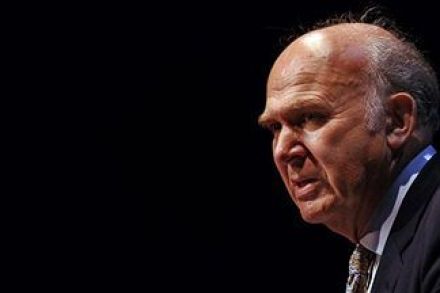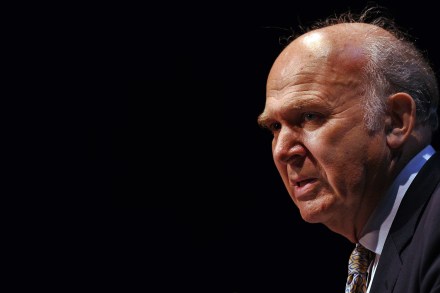Winning over the squeezed middle
Politically, one of the key questions about Lord Browne’s suggestion that tuition fees should be raised is how the tribunes of the middle classes react. Will a rise in fees be seen as another burden on those who work hard, play by the rules and are already bearing more than their fair share of the costs of the state? If the argument is to be won, the coalition will have to show that students will now get more out of their university experience. There’ll have to be an emphasis on how these changes will make universities improve the quality of the teaching that they offer. It’ll be worth watching to



















